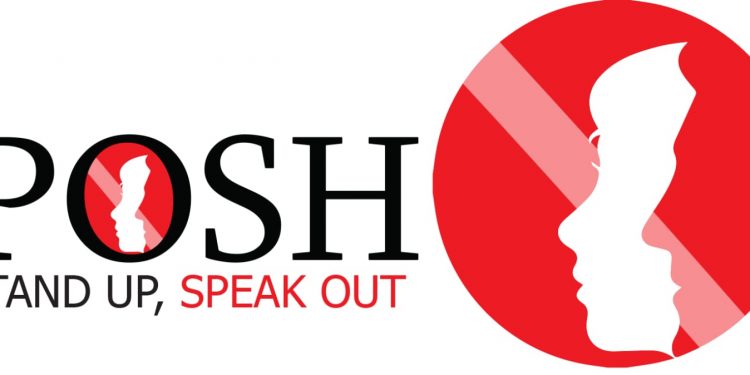Bhubaneswar: In a significant move towards strengthening the implementation of Sexual Harassment of Women at Workplace (Prevention, Prohibition and Redressal) Act, 2013 — commonly known as the POSH Act — the Women and Child Development department has directed all departments and institutions to prominently display information, education, and communication (IEC) boards outlining the ‘Dos’ and ‘Don’ts’ under the Act.
A directive issued by Additional Secretary to the government Jyotishankar Mohapatra noted that compliance with the POSH Act remains inadequate in many organisations/institutions across the state. To address this, the government has prepared an IEC board listing key behavioural guidelines aimed at preventing sexual harassment in workplaces, schools, and colleges.
The directive, addressed to all Additional Chief Secretaries, Principal Secretaries, District Collectors, Municipal Commissioners, and RDCs, emphasises the need to create a safer and more respectful work environment for all genders.
Also Read: Odisha asks all department heads to ensure women safety in workplace
“It is imperative that sensitivity and knowledge about this Act is generated not only amongst girls and women but also amongst boys and men,” the circular stated, underlining the government’s commitment to gender-sensitive workplaces.
As part of the awareness campaign, all workplaces and educational institutions are required to install IEC boards in multiple prominent locations.
The board includes clear instructions such as respecting personal boundaries, maintaining professionalism, and reporting harassment without fear.
It also cautions against inappropriate behaviour such as making sexually suggestive comments, sending offensive messages, or ignoring complaints.
In a bid to streamline grievance redressal, the government has further instructed that all internal committees (ICs) constituted under the Act must be registered on the national She Box portal.
The move is expected to reinforce awareness, accountability, and a zero-tolerance culture toward sexual harassment across both government and private sector institutions in Odisha.
PNN






































